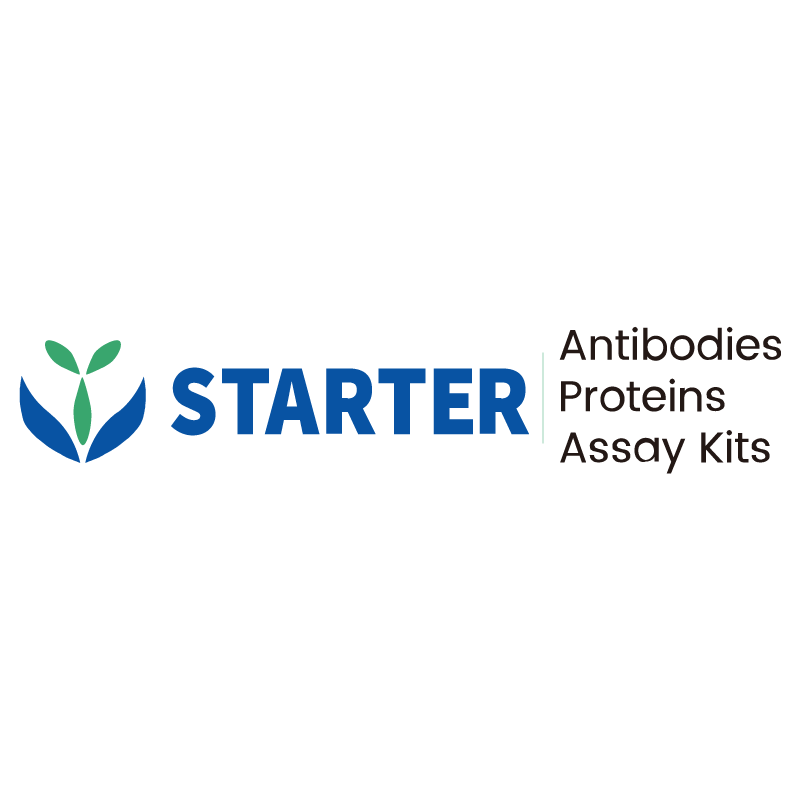Standard curve
Example of Human TNF-α standard curve in Assay Diluent #1.
Product Details
Product Details
Product Specification
| Antigen | TNF-α |
| Immunogen | Recombinant Protein |
| Antibody Type | Recombinant mAb |
| Reactivity | Human |
| Purification | Protein A |
| Stability & Storage | 12 months from date of receipt / reconstitution, 2 to 8'C as supplied. |
Kit
| Precision | Intra-assay: 7.1%; Inter-assay: 8.3% |
| Sample type | Cell culture supernatant |
| Assay type | Sandwich(quantitative) |
| Sensitivity | 26.31pg/ml |
| Range | 70.31pg/mL – 4500pg/mL |
| Recovery | Cell culture supernatant: 102% |
| Assay time | 2.5 hours |
| Species reactivity | Human |
Background
TNF alpha is produced by various types of cells including macrophages, monocytes, neutrophils, T cells, and NK-cells. TNF-alpha is critical for normal immune response, abnormal secretion TNF alpha activates synovial fibroblasts, keratinocytes, osteoclasts, induces rheumatoid arthritis, inflammatory bowel disease, psoriatic arthritis (PsA), and noninfectious uveitis (NIU). TNF alpha positively regulates endogenous TNF-α expression levels independently of Pgp efflux activity, induces IHF cells proliferation. TNF alpha in tissues may promote cancer growth, invasion, and metastasis. Besides, TNF alpha stimulates NF-κB pathway via TNFR2 and anti-TNF-α MAb significantly suppresses the tumor development in colitis-associated cancer (CAC) mouse. TNF alpha as a proneurogenic factor activates the SAPK/JNK pathway and can facilitate neuronal replacement and brain repair in response to brain injury.
Picture
Picture
ELISA


